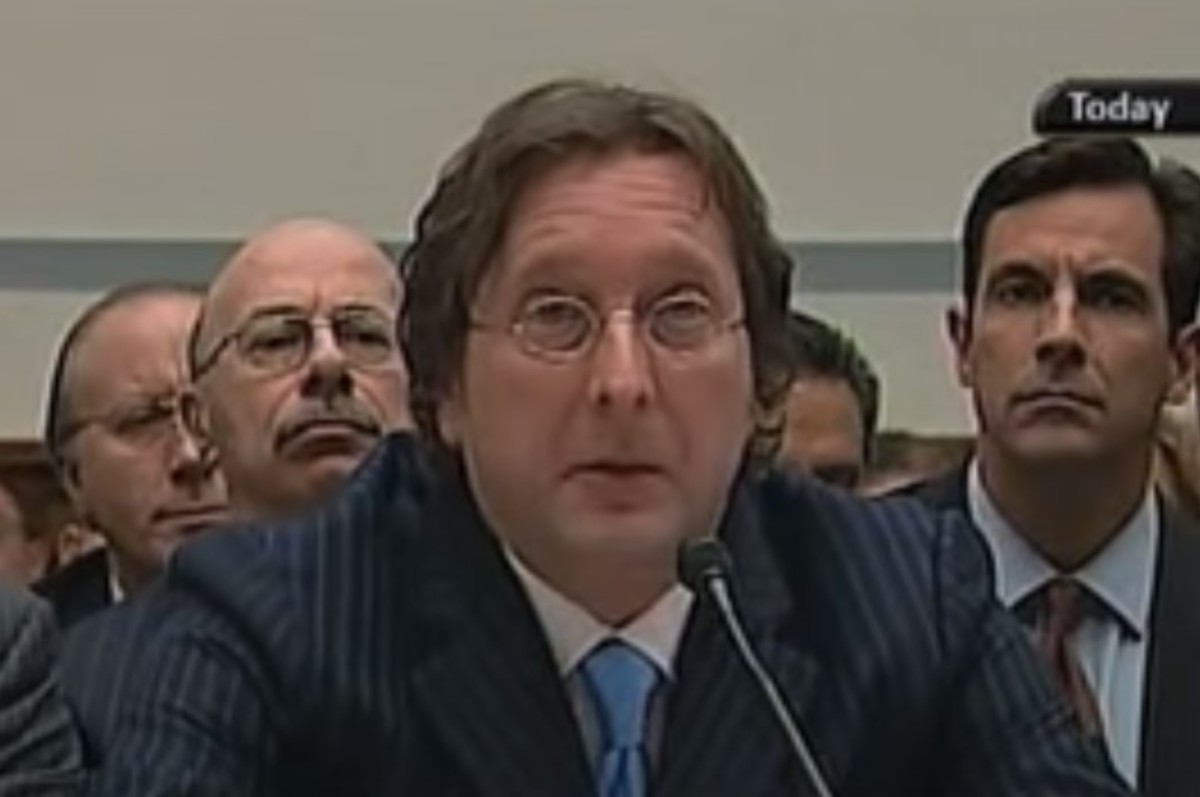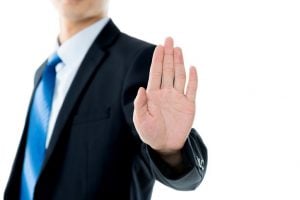If at first you don’t succeed, try try again. But this time add in another thirty pages of gobbledygook state tort claims undergirded by unsubstantiated allegations and causal links that disregard the fixed nature of linear time.
Isn’t that how the old saying goes?
Social media platform Parler has dropped its federal claim against Amazon only to re-file in the Superior Court in King County, Washington. The spiffy new fifteen-count complaint alleges defamation, negligence, breach of contract, tortious interference, political discrimination, as well as various violations of the state’s consumer protection statute.
As in the federal suit, Parler claims that Amazon colluded with Twitter, who is not a named defendant, to head off a potential rival to their “surveillance capitalism” business model.
And how does Parler know this? Well, it just does….
In mid-December 2020, Twitter, entered into a multi-year contract with AWS under which AWS would provide cloud computing services to Twitter in exchange for large sums of money. On information and belief, part of the unwritten agreement between Twitter and AWS was that the latter would use its position as the provider of Parler’s cloud services to minimize Parler’s threat to the internet advertising market.
As evidence, Parler points to an email on January 7 (which comes after “mid-December”) from someone at Amazon asking if the former president had made a Parler account yet. He had not, or at least not one that was verified, but, according to Parler, “it was expected that Trump would move to Parler, bringing many of his 90 million followers with him. And AWS knew that Trump and Parler had been in negotiations over such a move. If this were to materialize, Parler would suddenly be a huge threat to Twitter in the microblogging market, and to Amazon itself in the digital advertising market.”
How Amazon would be better off without the revenue from Parler’s expected exponential growth is unclear. But good on Jeff Bezos for anticipating in December when he inked the deal with Twitter that the platform would be banning Trump a month later and would want to shiv Parler to head off a potential rival. The man really is a genius!
Parler is confident that Amazon’s cancellation of its web hosting contract with Parler on January 12 was a product of anticompetitive collusion. Or possibly illegal political animus against conservatives. Or, you know, could be that they were trying to muzzle Donald Trump. (When you’re trying to establish mens rea, the name of the game is to suggest as many alternative motives as possible, right?)
The company also alleges that Amazon defamed it by leaking the January 9, 2021 termination of contract letter in which Amazon wrote “Recently, we’ve seen a steady increase in this violent content on your website, all of which violates our terms. It’s clear that Parler does not have an effective process to comply with the AWS terms of service.”
Leave aside for a moment exactly how a letter which says “you haven’t complied with our TOS” amounts to defamation. And let’s assume arguendo that Parler will be able to prove that Amazon gave the letter to BuzzFeed. It could happen, right?
We already know from the federal suit that Parler had to be told to take down posts saying things like “Shoot the police that protect these shitbag senators right in the head then make the senator grovel a bit before capping they ass,” and “We need to act like our forefathers did Kill [Black and Jewish people] all Leave no victims or survivors,” and “This bitch [Stacey Abrams] will be good target practice for our beginners.” So the company may have a wee problem establishing that its practice of relying on “volunteers” was sufficient to ensure compliance with Amazon Web Services’ ban on using the platform to incite violence.
There’s also the minor issue that the complaint points to Parler’s ban from Google’s app store on January 8 and from Apple’s store on January 9 as evidence of the reputational harm arising from Amazon’s “defamation,” despite the fact that both occurred before the termination letter leaked late on the evening of the 9th.
And that’s not the only timing problem in this suit. Parler makes a convoluted claim that Amazon is somehow responsible for the embarrassing hack of huge amounts of its user data.
Finally, to add injury to injury, after AWS shut off all services to Parler, AWS left open Route 53, a highly scalable domain name system (DNS), which directed hackers to Parler’s backup datacenters and caused the hackers to initiate a sizeable DNS attack. In other words, AWS essentially illuminated a large neon arrow directing hackers to Parler’s backup datacenters. And the hackers got the message, launching an extremely large attack—one 250 times larger and 12- 24 times longer than the average Distributed Denial of Service (DDOS) attack. Later, AWS would terminate the Route 53 link, but the damage was already done. And this AWS-facilitated attack was a threat by AWS to all future datacenters that, if they were to host Parler, they too would be attacked by unprecedented hacks.
This allegation, which is the basis of multiple contract, negligence, and consumer protection counts, disregards the reality that the intrusion took place before Amazon booted Parler off its servers. As Wired notes:
In the days and hours before that shutdown, a group of hackers scrambled to download and archive the site, uploading dozens of terabytes of Parler data to the Internet Archive. One pseudonymous hacker who led the effort and goes only by the twitter handle @donk_enby told Gizmodo that the group had successfully archived “99 percent” of the site’s public contents, which she said includes a trove of “very incriminating” evidence of who participated in the Capitol raid and how.
By Monday, rumors were circulating on Reddit and across social media that the mass disemboweling of Parler’s data had been carried out by exploiting a security vulnerability in the site’s two-factor authentication that allowed hackers to create “millions of accounts” with administrator privileges. The truth was far simpler: Parler lacked the most basic security measures that would have prevented the automated scraping of the site’s data. It even ordered its posts by number in the site’s URLs, so that anyone could have easily, programmatically downloaded the site’s millions of posts.
So, maybe not so much with Parler’s allegation that Amazon damaged it by enabling a hack which “caused severe reputational and financial harm to Parler as users will no longer trust Parler to keep their private data safe.” Good luck proving to a court that a someone else made you look incompetent when you served your own users up to hackers on a silver platter, complete with geolocation data, of course!
Parler also accused Amazon of “secretly selling Parler user data to anyone with a certain type of Amazon account ” but … that will have to be enough crazy for today. The link’s below if you want even more funtimes.
And, PS, Trump never joined Parler. But he totally would have if it hadn’t been for those damn dirty rascals at Amazon!
Parler, LLC v. Amazon Web Services, Inc. [via Courthouse News]
An Absurdly Basic Bug Let Anyone Grab All of Parler’s Data [Wired]
Elizabeth Dye lives in Baltimore where she writes about law and politics.






 Ellen Trachman is the Managing Attorney of
Ellen Trachman is the Managing Attorney of 











